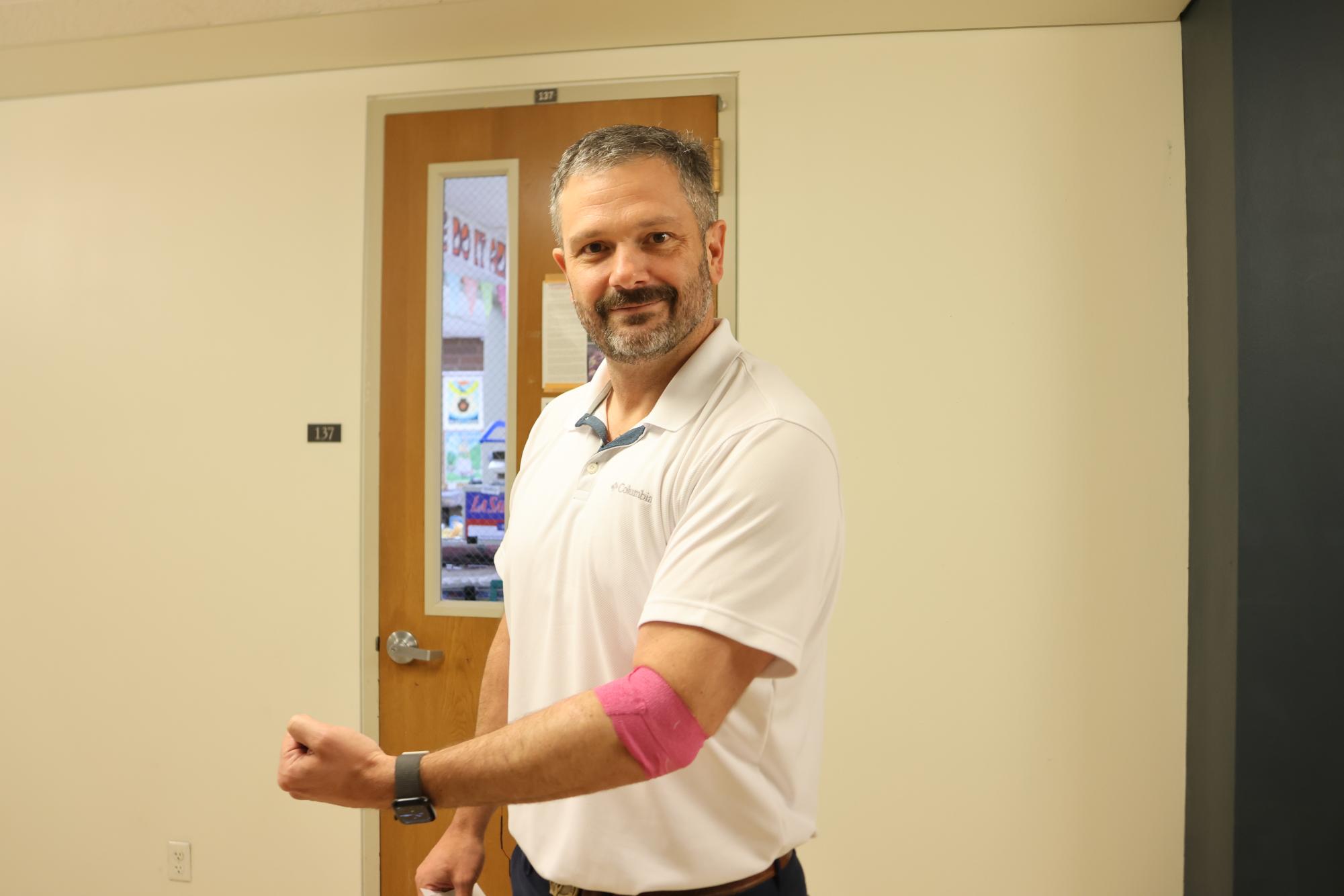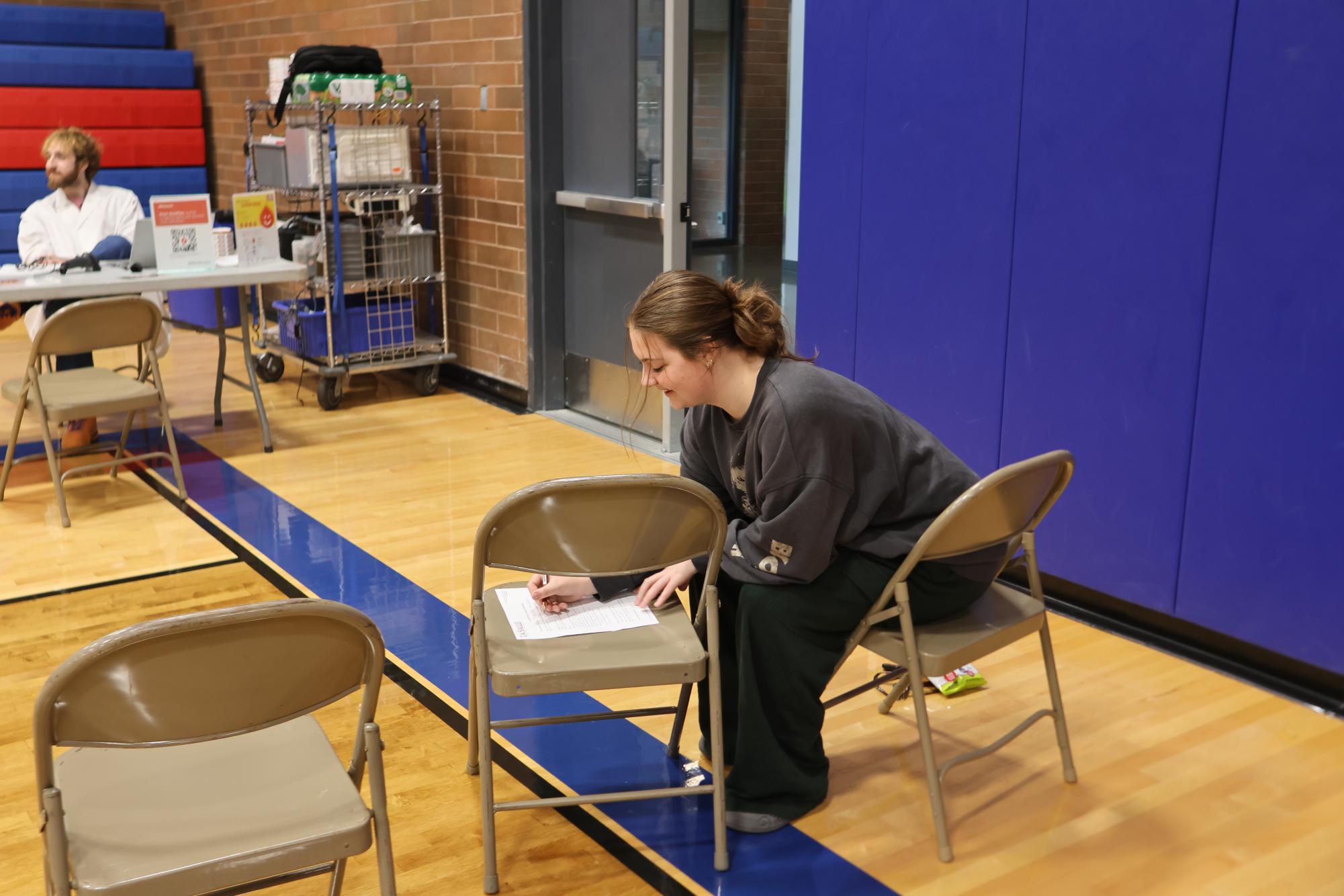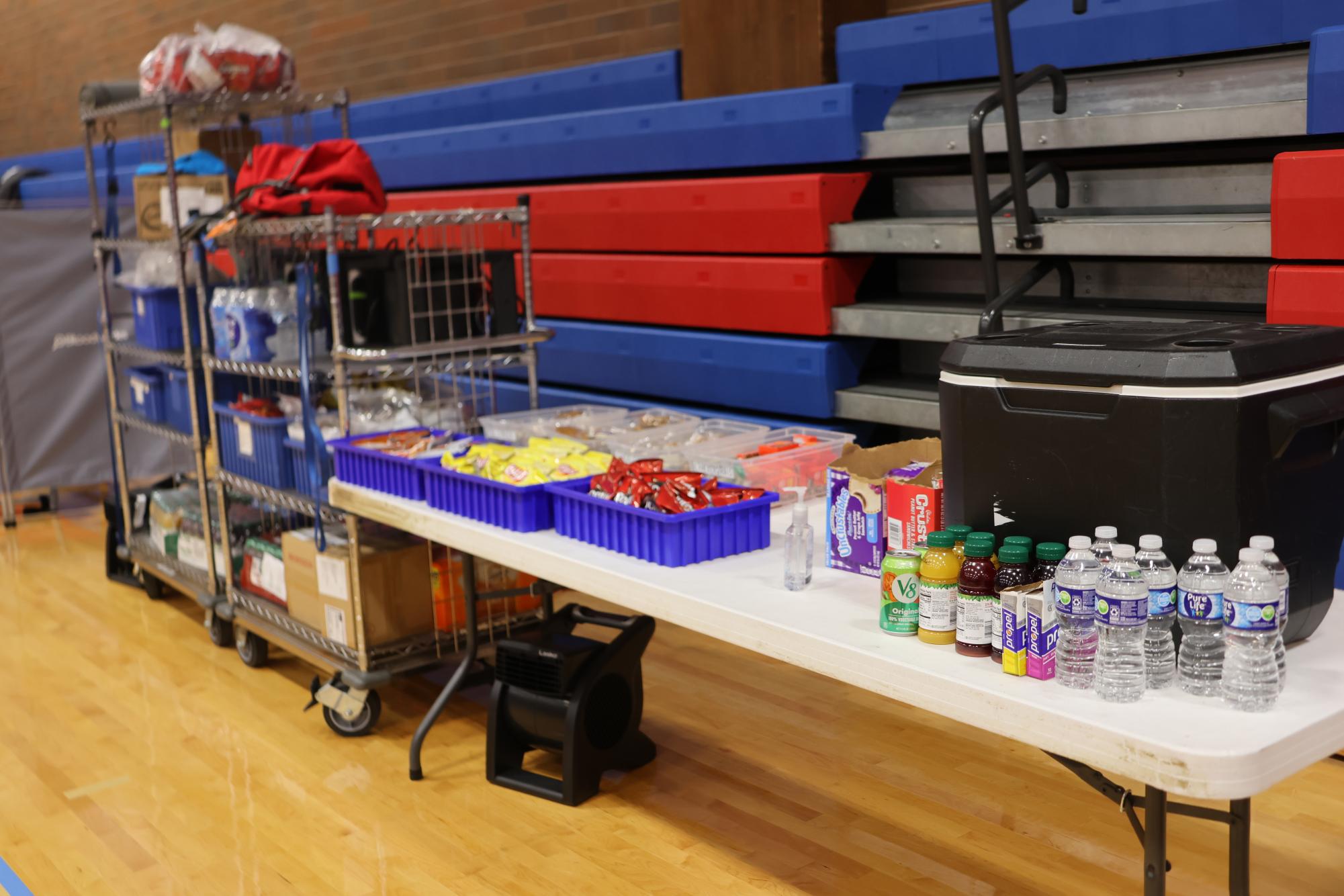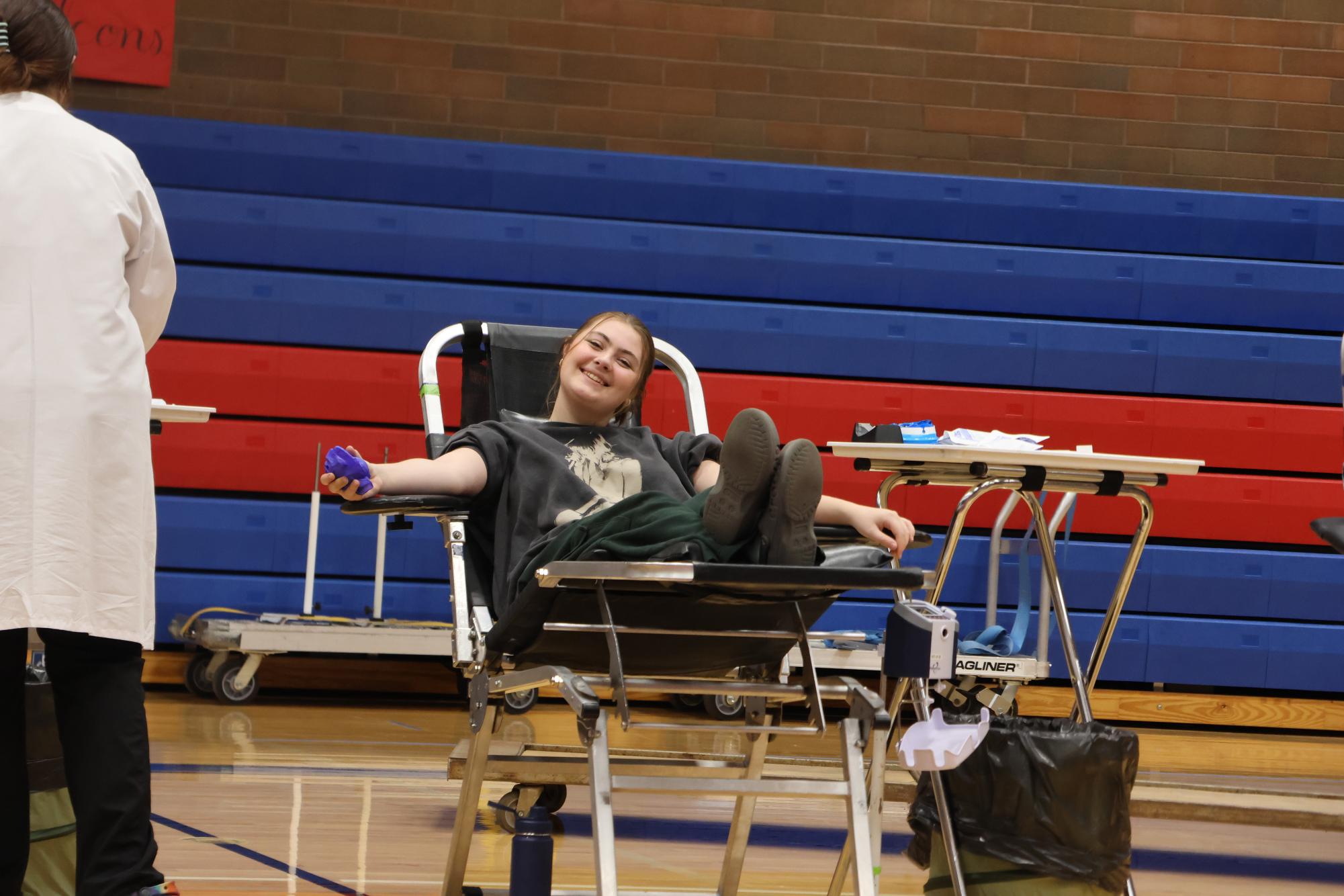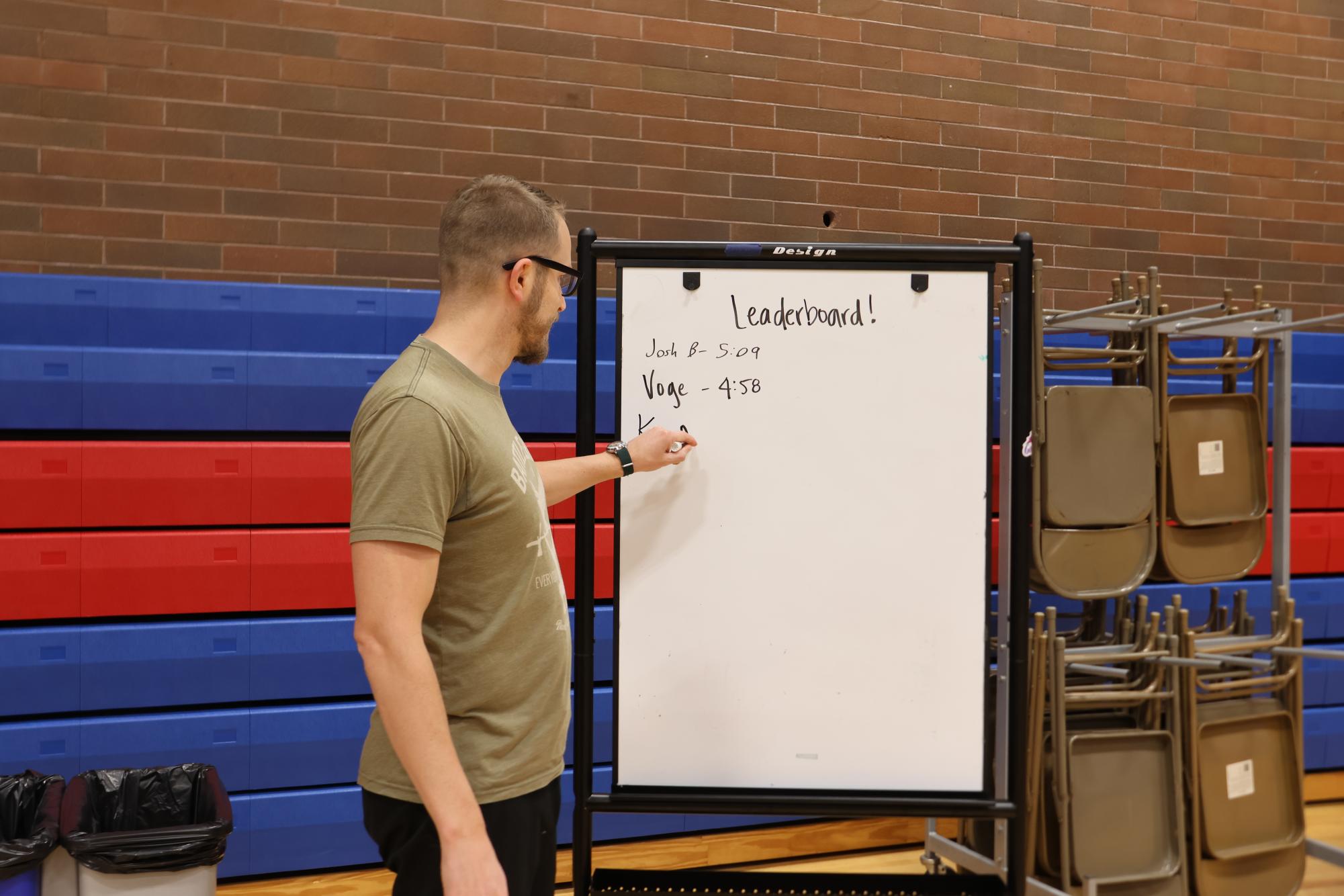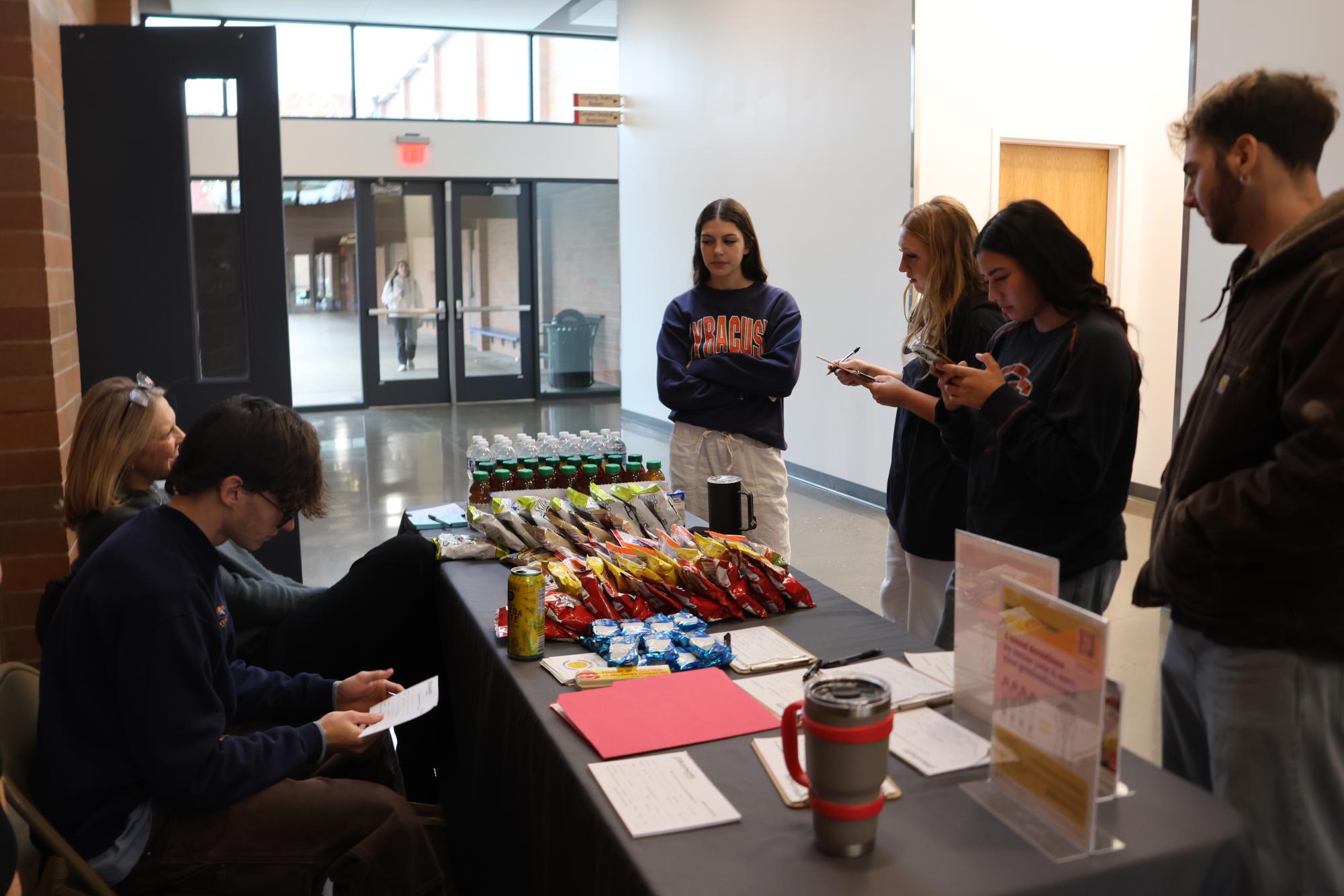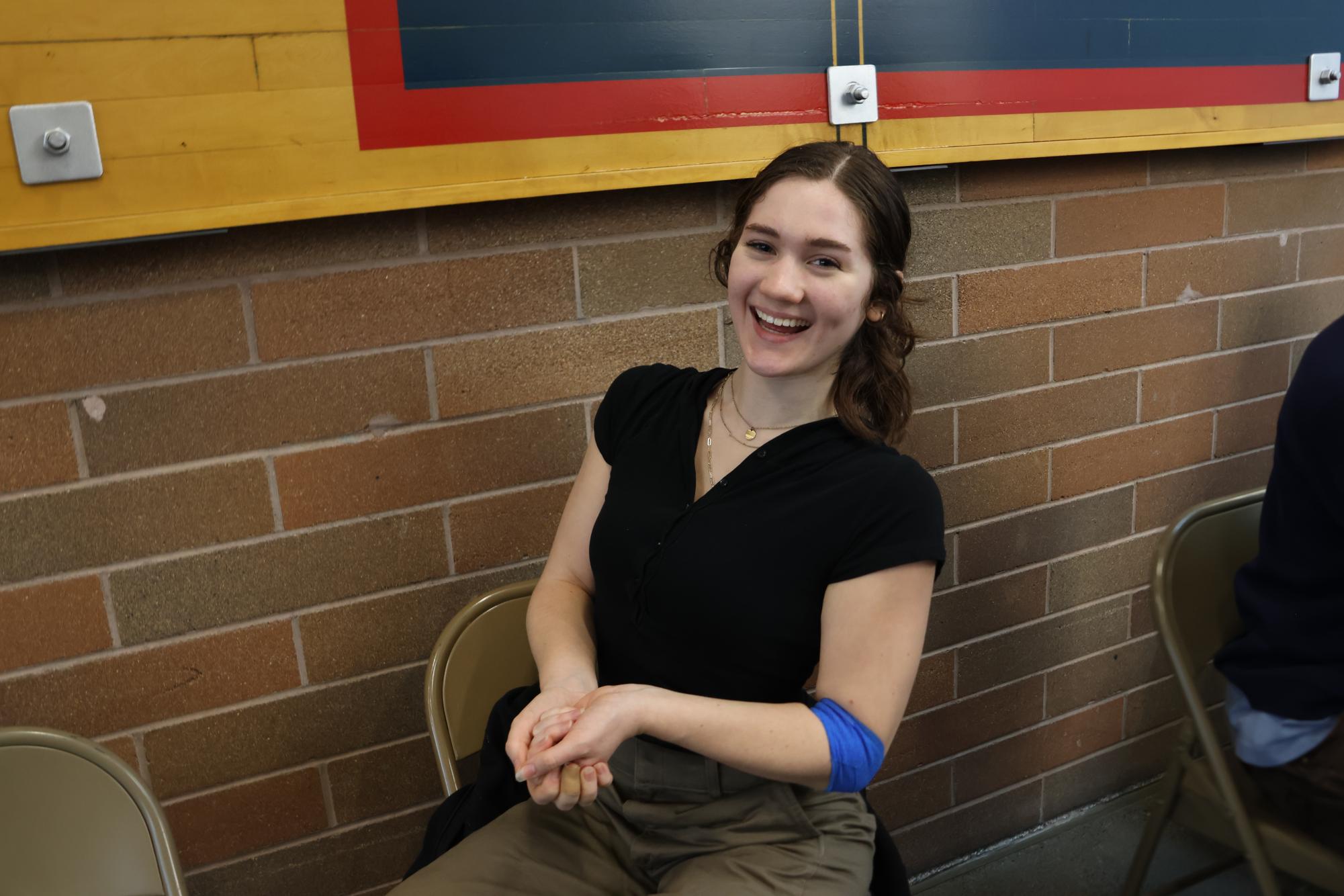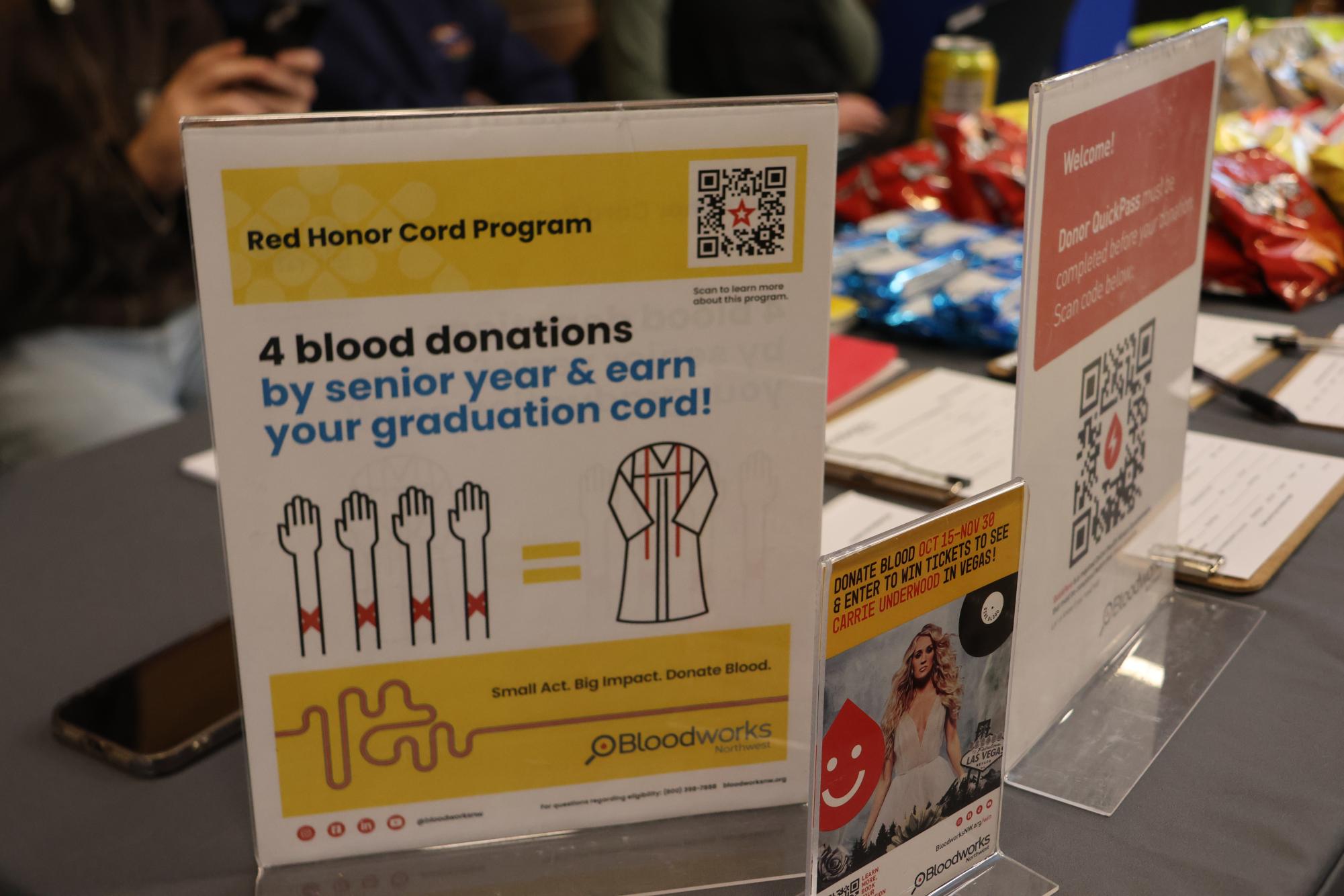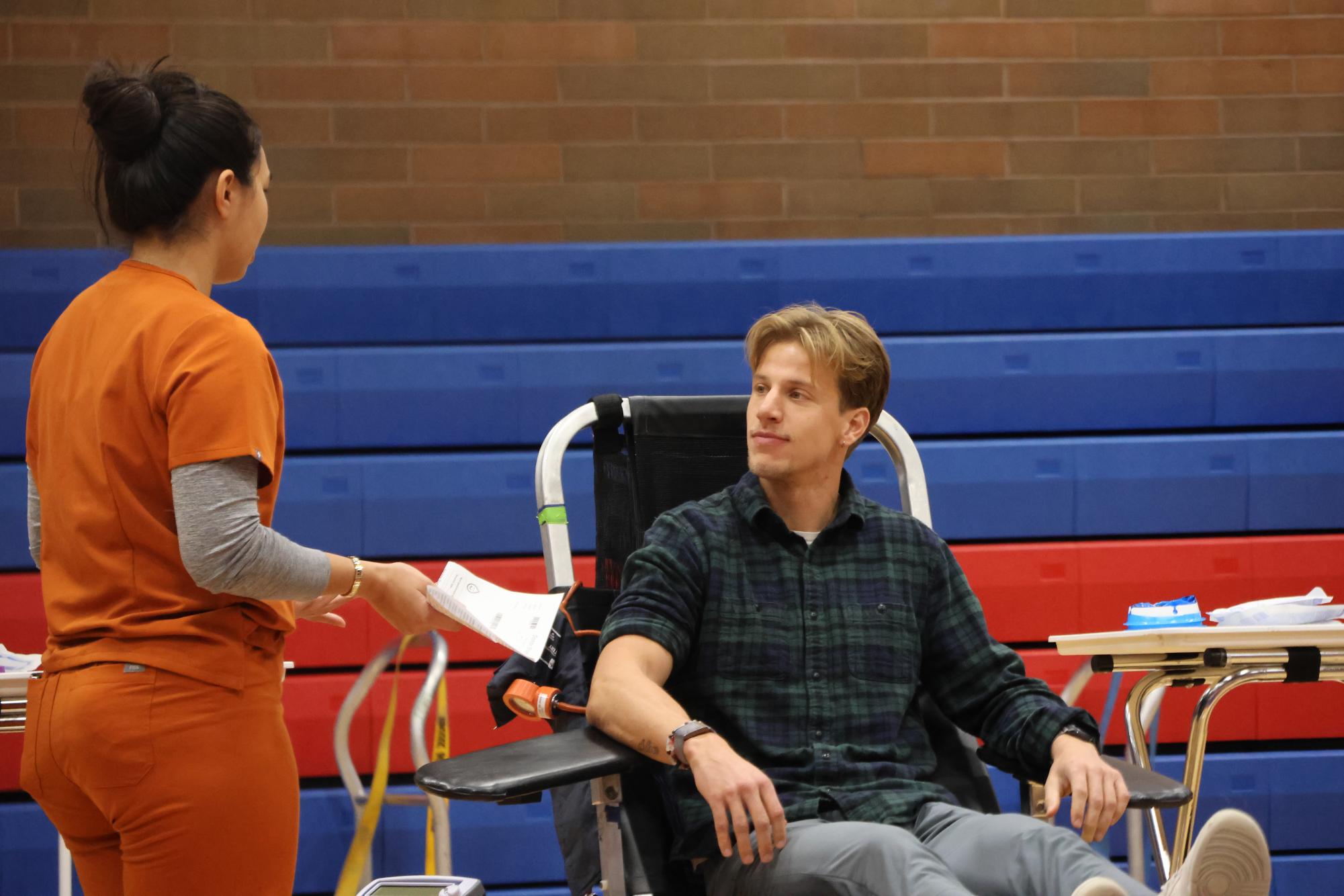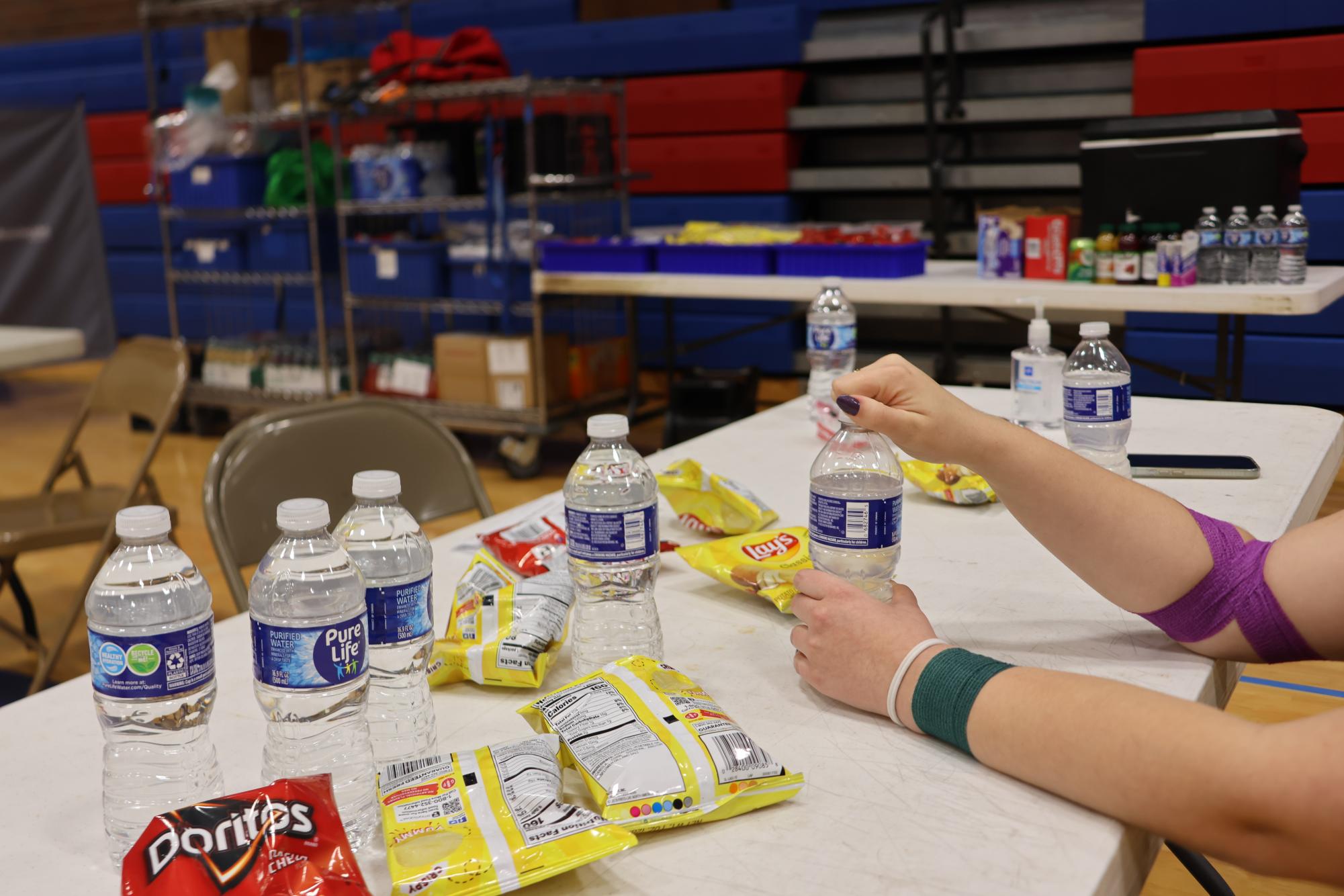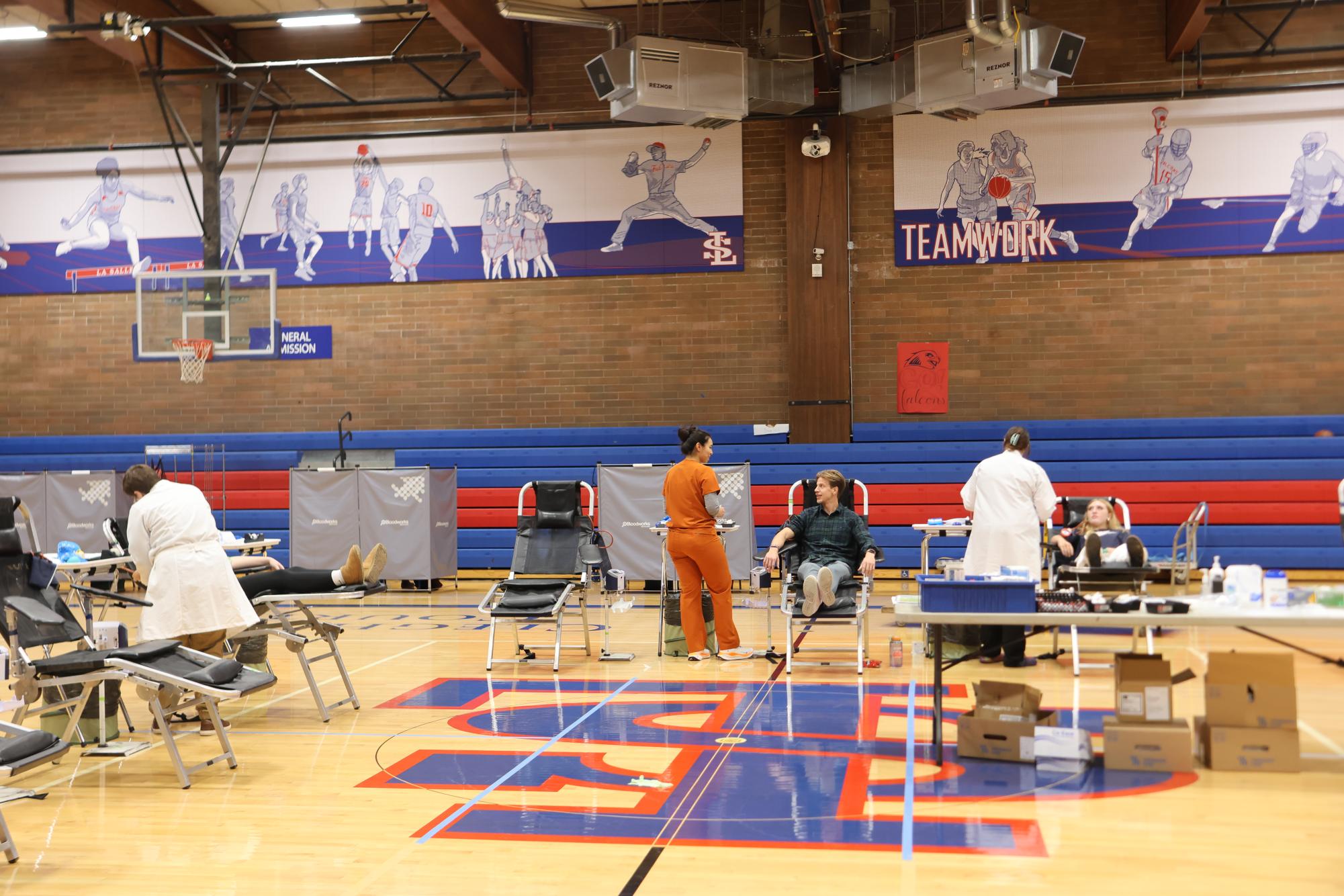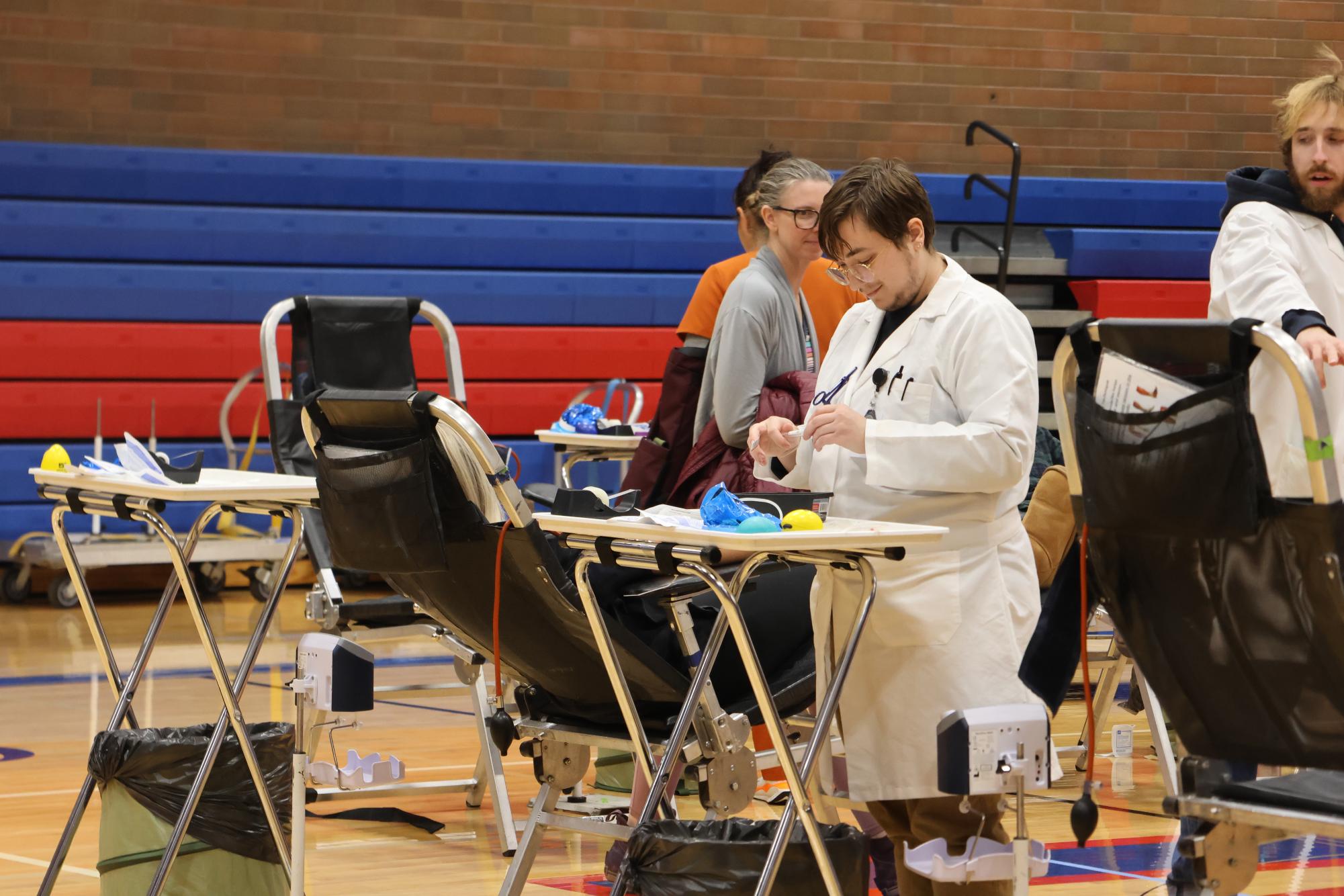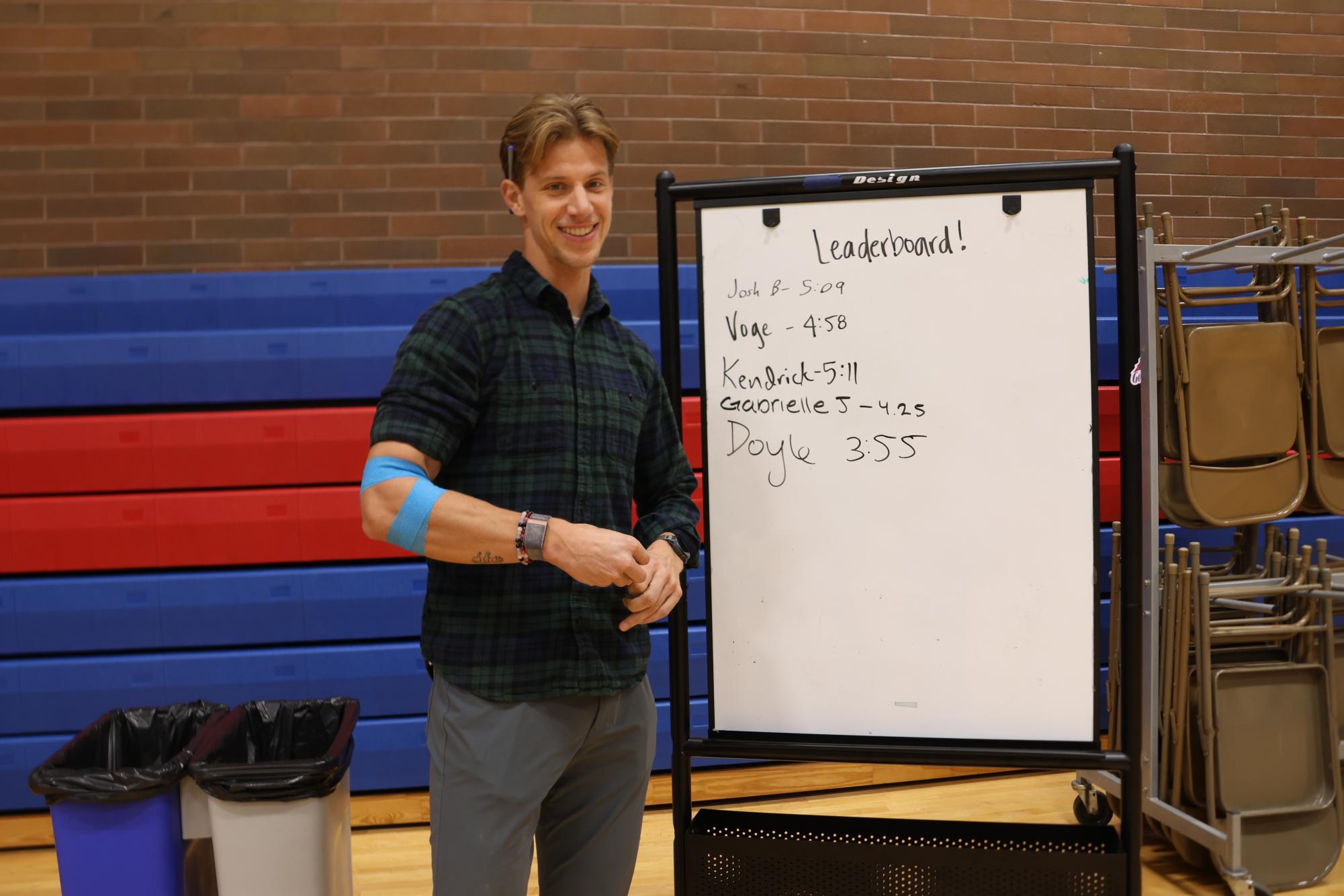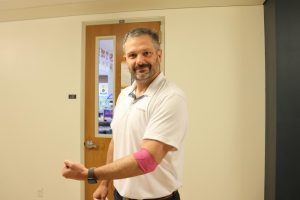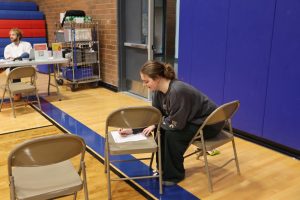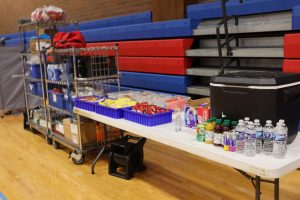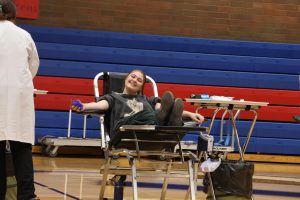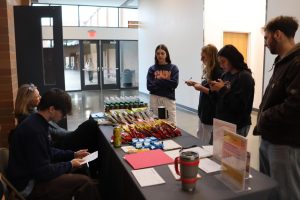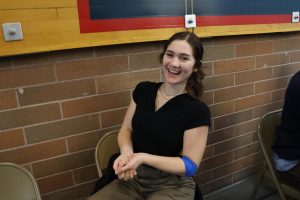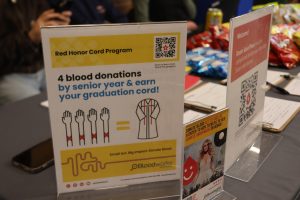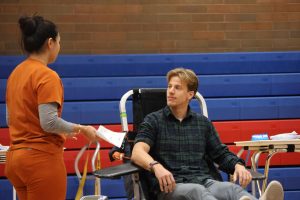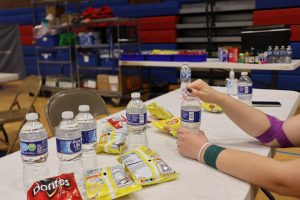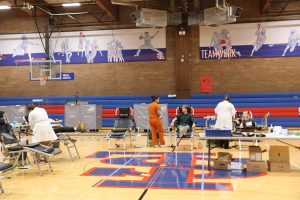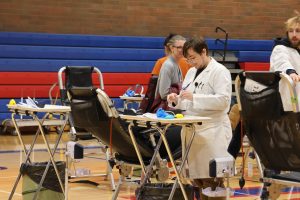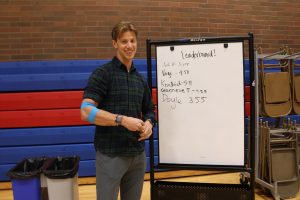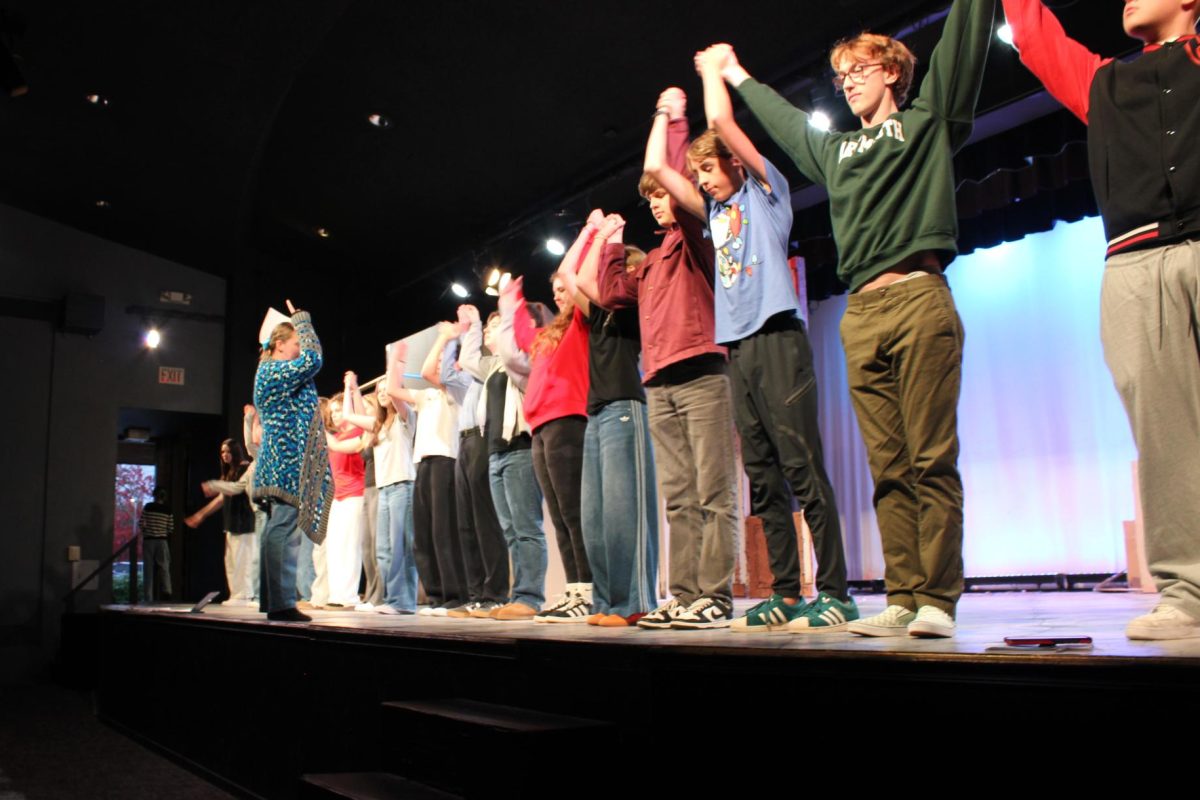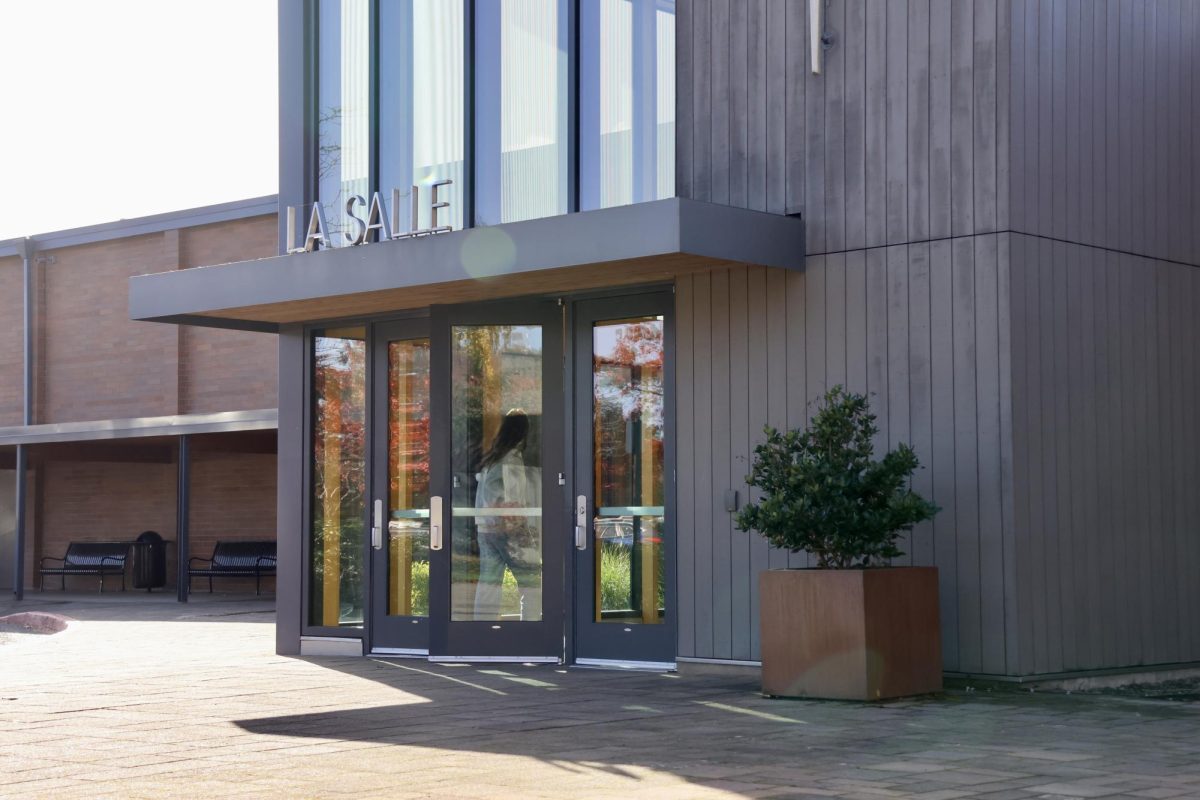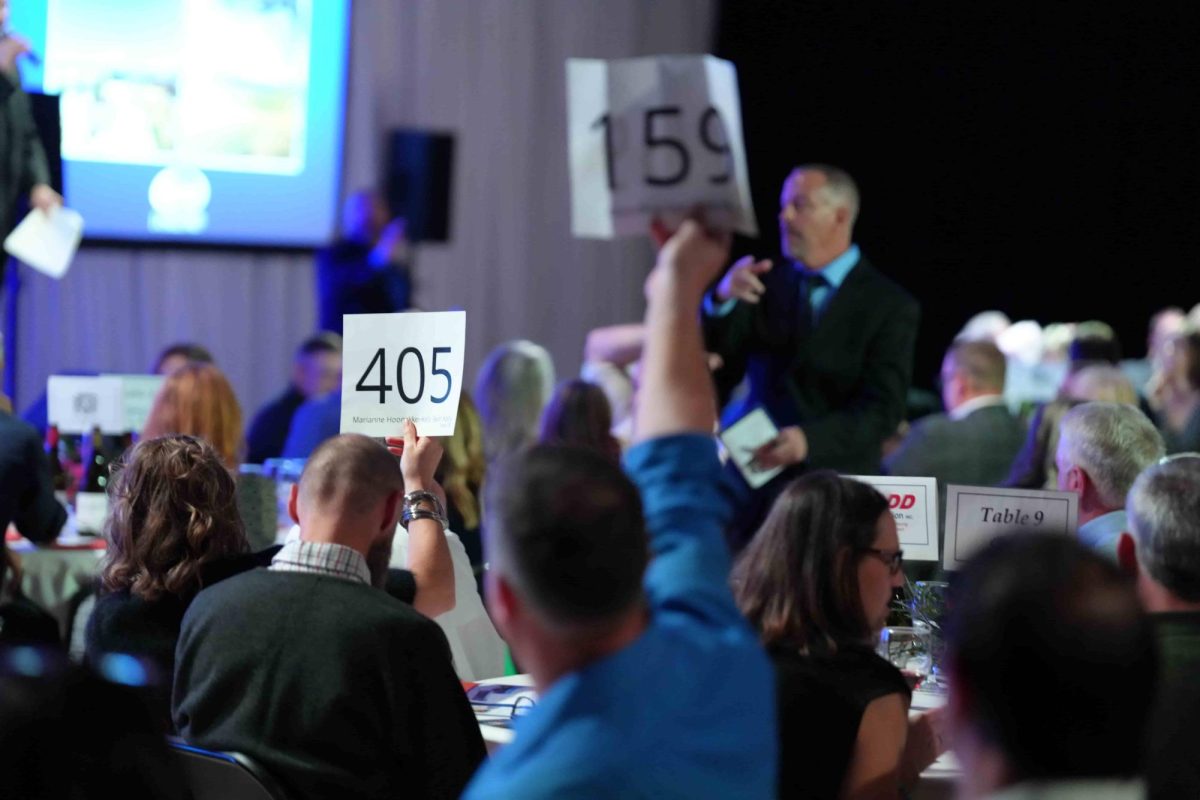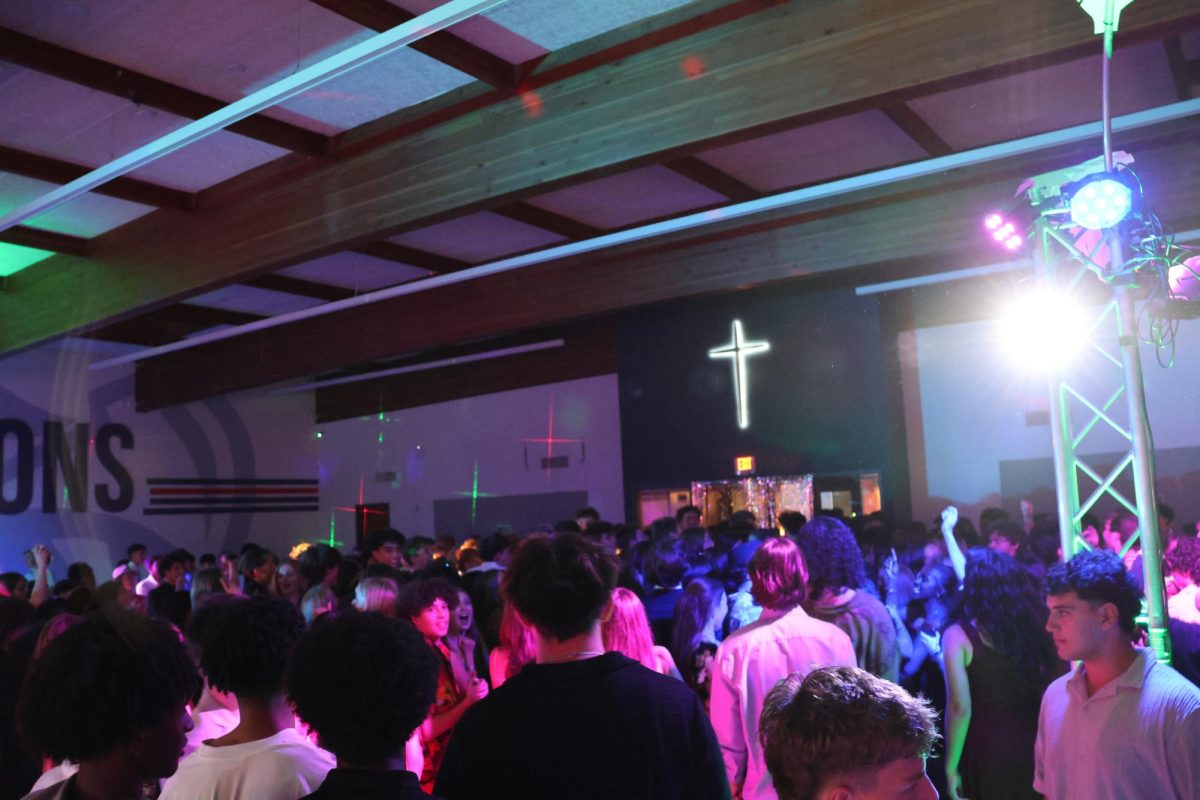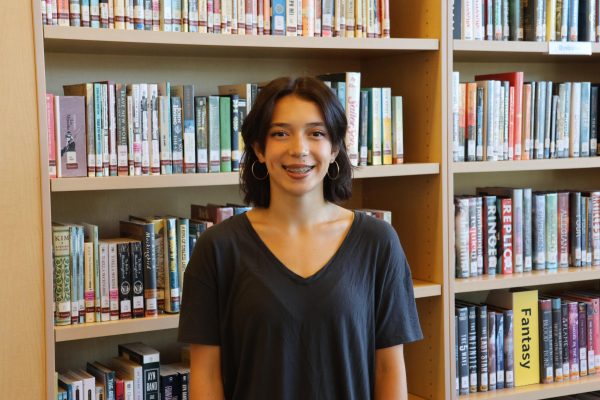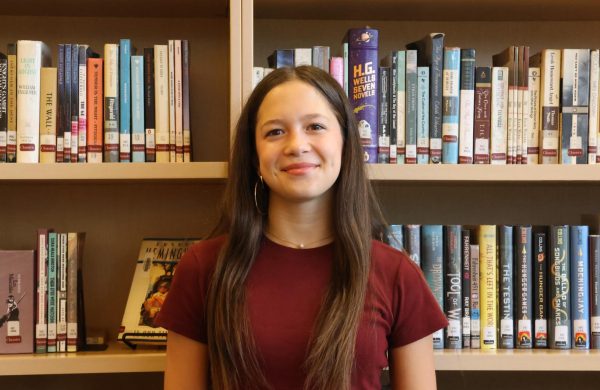On Wednesday, Oct. 30, La Salle students, staff, and parents filled the gym as they came to donate blood to Bloodworks Northwest.
With an estimated 30 participants, this semi-annual blood drive continues to give blood to those in the community, helping many hospitals in the Pacific Northwest.
“We’re the main supplier for most of the hospitals in Washington and Western Oregon for blood specifically,” said Lewis, a phlebotomy lab tech.
But the effects for those in need can be life changing. “It can help up to three people for one unit [of blood], depending on the case though, whether it’s like somebody in an accident or just regular surgery, they can go through one unit, or they can go through 25 units,” a phlebotomist technician on the Bloodworks team said.
Donors who fit the criteria of being at least 16 years old while weighing more than 120 pounds were given a link to Bloodworks Northwest to sign up for a slot and get their blood drawn. When donors arrived on site, they were expected to take a survey and do a quick health screening by one of the six phlebotomists to make sure they were a viable donor.
Since high schools are often the local sources for blood drives, they are a crucial factor for Bloodworks, but teenagers sometimes have challenges in navigating blood donations.
A phlebotomy lab tech noted that, “a lot of high schoolers are not eating well, sleeping well, taking great care of themselves. They’re not preparing for their donation.”
According to the technician, high school students aren’t as prepared as adults tend to be.
“High schoolers tend to be more nervous,” the phlebotomist technician said. “It’s almost always their first time. They’re more prone to having reactions.”
In an already squeamish group, those reactions can have a domino effect.
Many participants have different motivations for donating, but it is typically related to the want to give back to the community.
Junior Gabrielle Jones said she donates blood for two reasons — she enjoys knowing she makes a difference in hospitals and La Salle gives graduation cords to students who donate at least four times by senior year.
Jones said the hardest part of the whole process of donating blood wasn’t anything mental, but the amount of water donors must drink before giving blood.
Sharing a similar reason to donate blood as Jones, junior Carly Spitulski hopes to help others in need.
“I know it’s making a difference for people who need it, and it doesn’t worry me or take a toll on me,” Spitulski said.
Listening to the instructions to drink lots of water, eat good food, and to get plenty of sleep the night before, she felt confident, aided by a feeling of comfort in knowing that she would be just fine afterwards.
“I’ve gone to the doctor, they draw your blood sometimes, so I knew it was going to be okay in that aspect,” she said.
Mr. Kevin Doyle, one of the school’s counselors, has made a goal to donate blood wherever he lives, and working at La Salle makes fulfilling his goal easier and more convenient as Bloodworks visits regularly. Mr. Doyle said donating blood is an easy way to give back to the community and has been donating since his own high school years.



